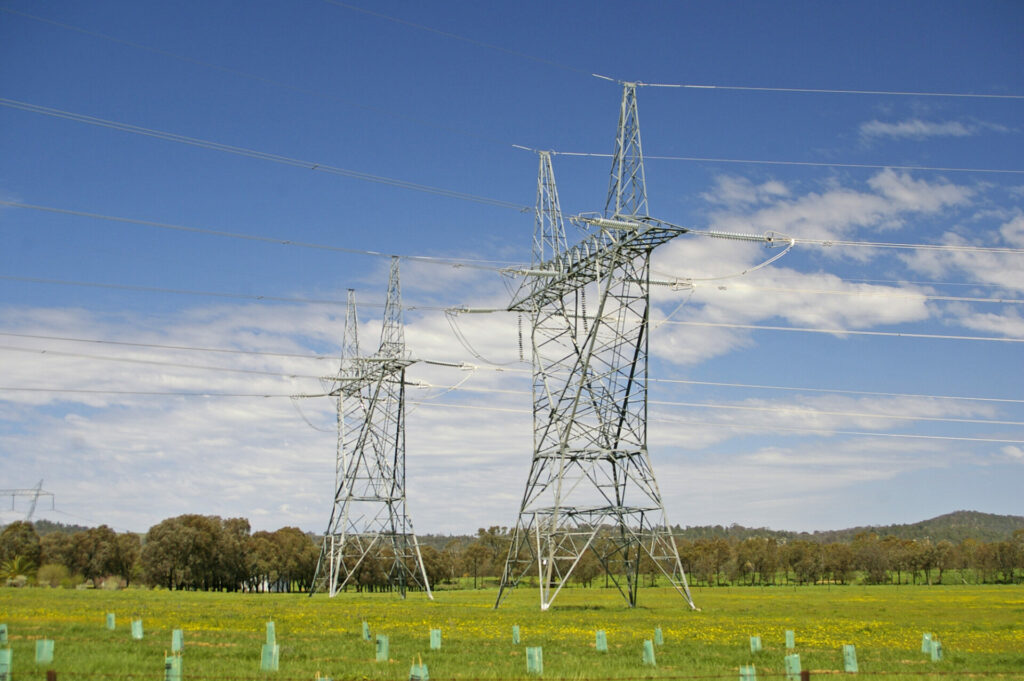Twice as many households in Belgium benefitted from the reduced social energy tariffs introduced by the government since the start of 2021, and as a result of the rising gas and electricity prices, the cost of this measure is much higher than expected.
The social energy tariffs — a very low tariff for electricity and natural gas to ensure the energy bill remains affordable — are automatically awarded to households with a low income. The government, and not the energy companies, match the difference in this case.
In 2020, 424,000 families automatically received this tariff in 2020, about 8.5% of all Belgian families, according to the Federal Public Service Economy.
The number of households on the social tariff increased to 871,000 as part of the measure introduced as a result of the pandemic in February 2021, which extended the support to everyone with a gross income of less than €1,640 per month. Since then, this figure has further risen to 880,024.
The government is covering the cost of this measure, and it is costing considerably more than anticipated, according to reports from De Standaard.
Estimated amounts too low
As a result of rising energy prices, the cost of increased allowance is predicted to double since last year, with the bill expected to rise to €600 million, meaning the cost anticipated by the federal energy watchdog CREG from February 2021 until the provisional end of the measure in September this year, some €865 million, is expected to be exceeded.
Related News
- Household energy subsidies: How to get yours
- Electricity prices expected to remain high for 3-5 years
The report also showed that the government had estimated the cost of the support measure at €176 million in 2021. "But the estimated amounts attributable to the protected customers totalled €265 million, representing an overrun of €89 million on the budget originally provided by the federal government."
In the total period, the cost that will be covered by the government will be no less than €293 million higher than originally budgeted. According to State Secretary for Budget and Consumer Protection Eva De Bleeker's cabinet, these costs were already taken into account in the adjustment of the budget.
Still tenable?
Energy prices are not expected to drop anytime soon, but the difference in the budget set aside for the measure and the actual cost raises the question of whether it is tenable to keep it in place. However, Energy Minister Tinne Van der Straeten stressed that this is the plan.
"The social rate is the most effective measure to protect the most vulnerable against high prices. Research shows that nowhere else in Belgium the most vulnerable are so well protected. This is the best shock absorber," she said.
She advocated making the increased allowance structural even after September of this year when it was scheduled to expire. De Bleeker, meanwhile, is keen on investing in more energy efficiency and a switch to more renewable energy to be less vulnerable and dependent.
Additionally, Van der Straeten, and the CREG too, are proposing to tax the energy producers on excess profits, rather than the suppliers.
Click here to find out whether you are eligible for the reduced social tariff on energy bills.

